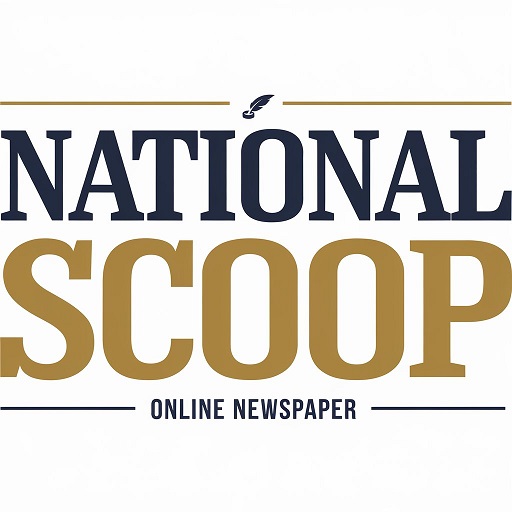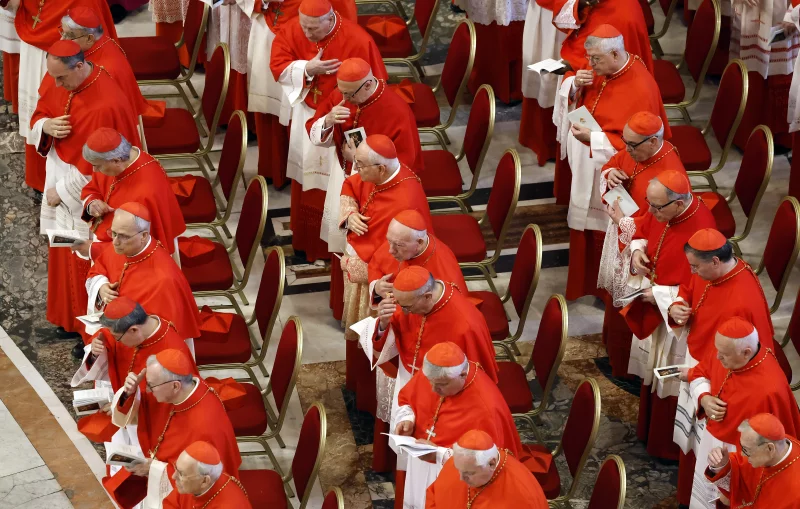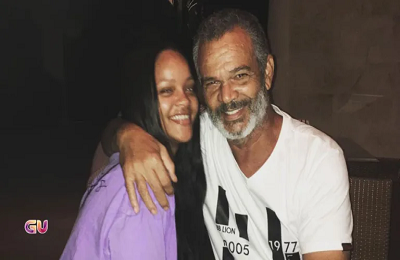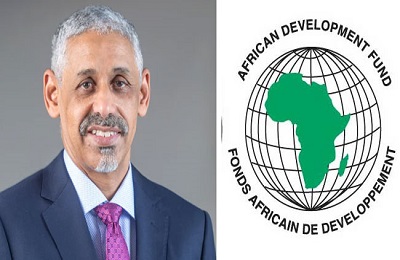Vatican City – Following the reported death of Pope Francis on April 21, 2025, attention turns to his successor and the rules of papal eligibility. While the basic rules might surprise you, centuries of tradition shape who actually becomes the leader of the Catholic Church. The upcoming election, or conclave, sees cardinals gathering amid discussions about the Church’s future direction.
What Church Law Says About Papal Eligibility
The fundamental rules governing who can be elected Pope are found in key Church documents like the Apostolic Constitution Universi Dominici Gregis and the Code of Canon Law.
- The Basic Rule: Any baptized male Catholic is technically eligible to be elected Pope. You don’t have to be a priest or even a cardinal according to the letter of the law.
- Why So Broad? The papacy is considered an office, not a sacrament like ordination. If a non-bishop were elected, he would be ordained a bishop immediately after accepting the papacy.
Who Actually Gets Elected? The Role of Cardinals
While the law allows for broad eligibility, the reality is much narrower due to long-standing practice:
- The Electors: Only cardinals under the age of 80 have the right to vote in the papal conclave.
- The Usual Choice: These cardinal-electors almost always choose the new Pope from within their own group. This has become the standard practice, ensuring the candidate is already deeply familiar with Church governance.
- Secret Process: The election happens in secret within the Sistine Chapel, following specific procedures.
Has a Non-Cardinal Ever Been Elected?
Yes, but it’s rare, especially in modern times.
- Historical Exceptions: Figures like Pope Urban VI (elected 1378) and Pope Celestine V (elected 1294) became Pope without being cardinals beforehand. These instances often occurred during unique historical circumstances.
- Modern Norms: Today, electing a non-cardinal is highly unlikely. Church structure and the expectations placed on the Pope favour experienced leaders from the College of Cardinals.
More Than Just Rules: The Qualities of a Pope
Meeting the basic papal eligibility criteria is just the starting point. The role demands far more:
- Spiritual Leadership: The Pope is the head pastor for Catholics worldwide.
- Integrity and Doctrine: He must uphold Church teachings and demonstrate strong moral character.
- Unity: A key role is maintaining communion and connection among bishops globally.
In essence, while the door to the papacy is theoretically open to any baptized Catholic man, the practicalities of the election process and the immense responsibilities of the office mean the choice almost invariably falls upon a cardinal under 80 who embodies the required leadership and faith.
Abiodun Labi








